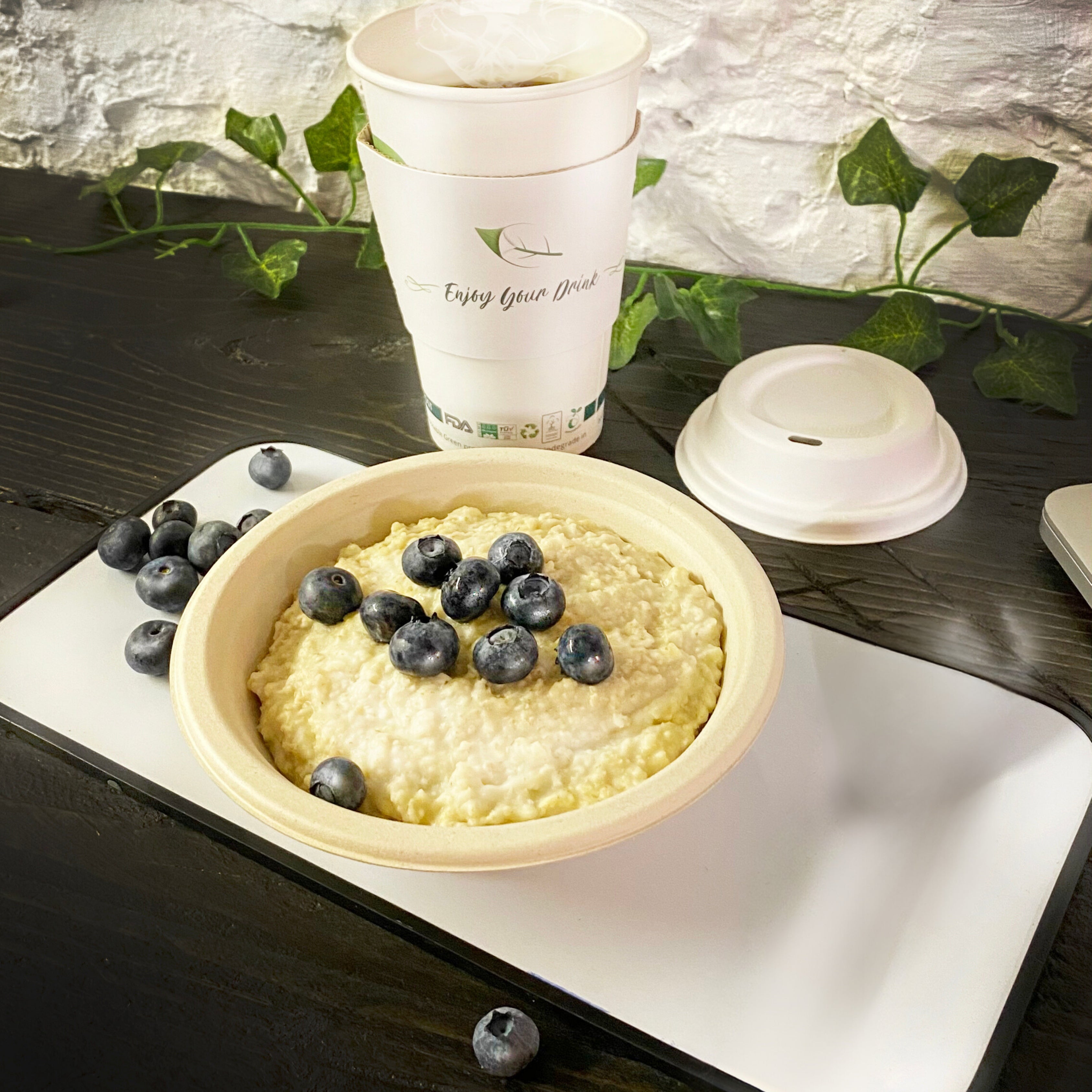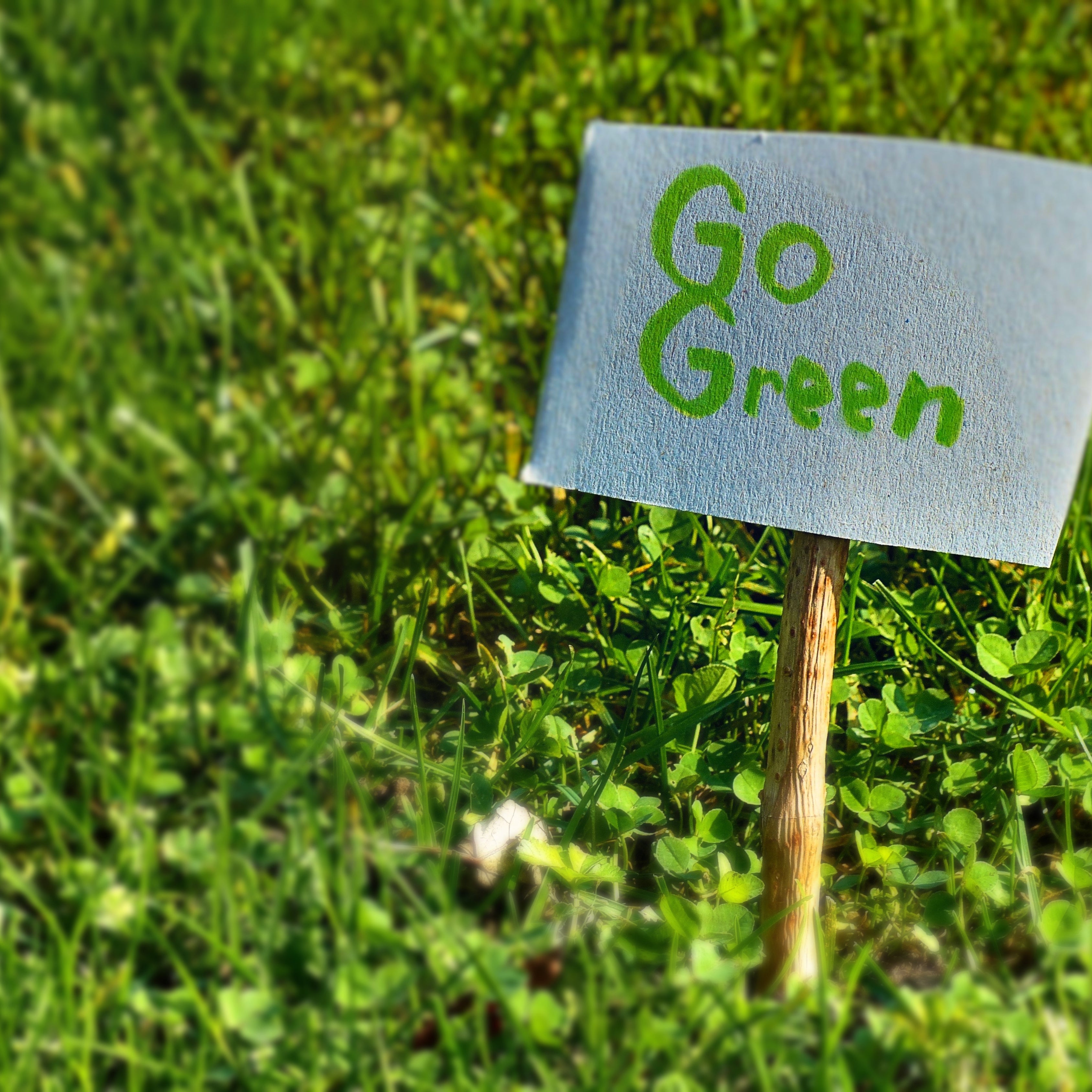What goes into landfill?
UK households produce 26 million tonnes of waste per year—12 million tonnes are recycled or composted and 14 million tonnes are sent to landfill sites. That means our country has an average recycling rate of 45%. It is also estimated that around 37.9 million tonnes of waste is generated by the commercial and industrial industries. It’s hard to picture the scale, but it’s a huge amount of waste. We can all do our bit to reduce waste sent to landfills. But like any issue, the solution begins with education. Discussions around waste collection (like what gets recycled and what goes to landfill) can be confusing. Below, we explore what it is, and some alternatives to sending waste to landfill. So, what is landfill?Anything that goes into your household general waste bin ends up in landfill. Plus, there are some waste items that cannot be recycled, making landfill the only place to dispose of them. Other waste items can be recycled, but end up in landfill anyway. Landfills are designed to store waste - not to break the waste down. When waste is stored like this, it has a detrimental impact on the environment. Organic waste releases a methane gas that’s 25 times worse than carbon dioxide. And when the waste breaks down, a toxic liquid called leachate is formed. This liquid is highly toxic and can pollute soil, ground water, and waterways. Is there an alternative solution to landfill?Don’t worry, there is a solution. It starts with reducing the amount of waste we produce, reusing things wherever possible, and recycling or composting if we still find ourselves with waste. ReduceEach year, around 7 million tonnes of food waste is thrown away by households and most of this waste could have been served up, eaten and enjoyed! If we all stopped wasting the food which could have been eaten, it would have the same CO2 impact as taking 1 in 4 cars off UK roads. ReuseReplacing as much as possible with reusable products includes everything from food and drink packaging, to hygiene products, to clothing, either more sustainable or plastic free, which will help protect the environment, benefit communities and support a circular economy. Recycle
Where it’s not possible to reduce or reuse, recycling and composting are the next best alternatives. We can recycle hard plastics, glass, and paper products. It takes significantly less energy to recycle paper than it does to make it from raw materials. And aluminium cans are super easy to recycle—in fact, each can you place in a recycling bin can be back on the shelf within 60 days. If that doesn’t convince you, this will: if every person in the UK recycled just 10% more paper, we would save approximately 5 million trees every year! CompostResearch shows that almost 50% of food waste in the average bin could have been composted. Composting is a solution that diverts food waste and packaging from landfill, and instead naturally breaks down organic matter through the use of microorganisms (fungi, insects, bacteria, and worms). There are two main methods of composting: home and industrial composting. Many products from industrial composting ends up in landfill, as there aren’t enough facilities in the UK. So a better solution is home composting. Check out this blog for more on industrial versus home composting. CTA: All out products can be composted at home. From nature back to nature. All you do is drop the packaging in the compost bin with your food scraps and organic waste, and the soil will thank you. |





















